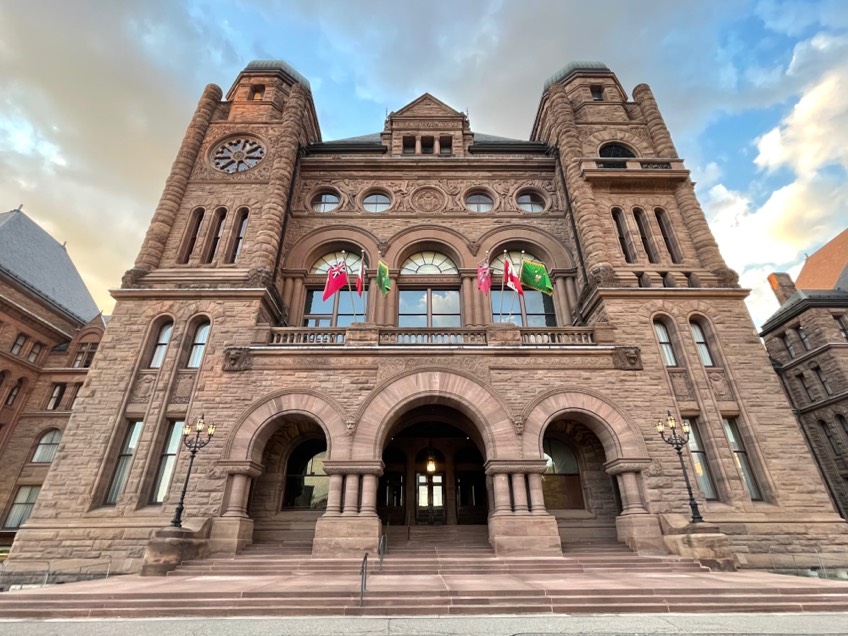TORONTO — Ontario doctors are voting this week on a new contract that establishes a framework for virtual care options, but a group representing cardiologists wants members to vote against it because it would not allow them to bill for some telephone services.

Physicians are voting from Tuesday until Sunday on a Proposed Physician Services Agreement between the Ontario Medical Association and the Ministry of Health.
The Ontario Association of Cardiologists is concerned that the new agreement would only allow specific consultations to happen over video, not by phone, and would reduce payments for assessments performed by phone.
In an email to members this week, the group argued the agreement as it stands will make services less accessible to Ontarians who aren’t able to use video technology, including older and lower-income patients, as well as people who live in rural and remote areas.
“The leadership of the OMA Section on Cardiology and the OAC call on all Ontario doctors to vote no, and demand from the Ontario government a PPSA that makes virtual care services available and accessible to all of Ontario’s patients,” the email said.
Dr. Richard Davies, a board member for the cardiologists’ association, said the old contract was too restrictive on virtual care, which has become more commonly accessed during the pandemic. But he said the new contract fails to offer people the most accessible options.
- Four arrested as part of investigation into alleged cross-border smuggling: OPP
- Ontario jewelry store owner fights off thieves with broom: ‘Never seen anything like this’
- Vehicle carrying Ontario Premier Doug Ford involved in crash
- Strike averted as Ontario college faculty union, employers enter binding arbitration
“They did get it wrong. Essentially, they are going to be limiting our ability to provide virtual care, and the cost will come out really on the patients,” he said in an interview from Ottawa.

Get daily National news
Davies said the lack of telephone option for all consultation appointments means patients and their families will need to unnecessarily spend time and money travelling to in-person appointments, some from large distances away.
“We’d like to be able to provide high-quality care but minimize inconvenience when we can.”
In its email to members, the association cited statistics from 2020 showing nearly nine per cent of virtual visits were by video, and 91 per cent were done over the telephone.
The president of the Ontario Association of Gastroenterology said his group has similar concerns about the contract.
Dr. David Morgan of Hamilton, Ont., said his organization encouraging members to review the details and decide for themselves how to vote, because a defeated contract ultimately lead to fewer benefits through an arbitration process.
But he said the organization’s board wasn’t able to endorse the agreement in its current form, either.
“We can see potential problems for our patients,” Morgan said in an interview.
He said many patients are older and less comfortable using computers for video conferences, among other concerns.
Like Davies, he said it’s important to make virtual care options permanent, but the group isn’t sold on the current framework.
“The fact that it’s it’s enshrined in the contract is a good thing, but we’re not sure that they’ve come up with the ideal arrangement yet,” he said.
A spokeswoman for the provincial health minister did not immediately respond to a request for comment.
The Ontario Medical Association is holding a special meeting for members on the last day of voting on Sunday, and expects to share the vote results next Monday.








Comments